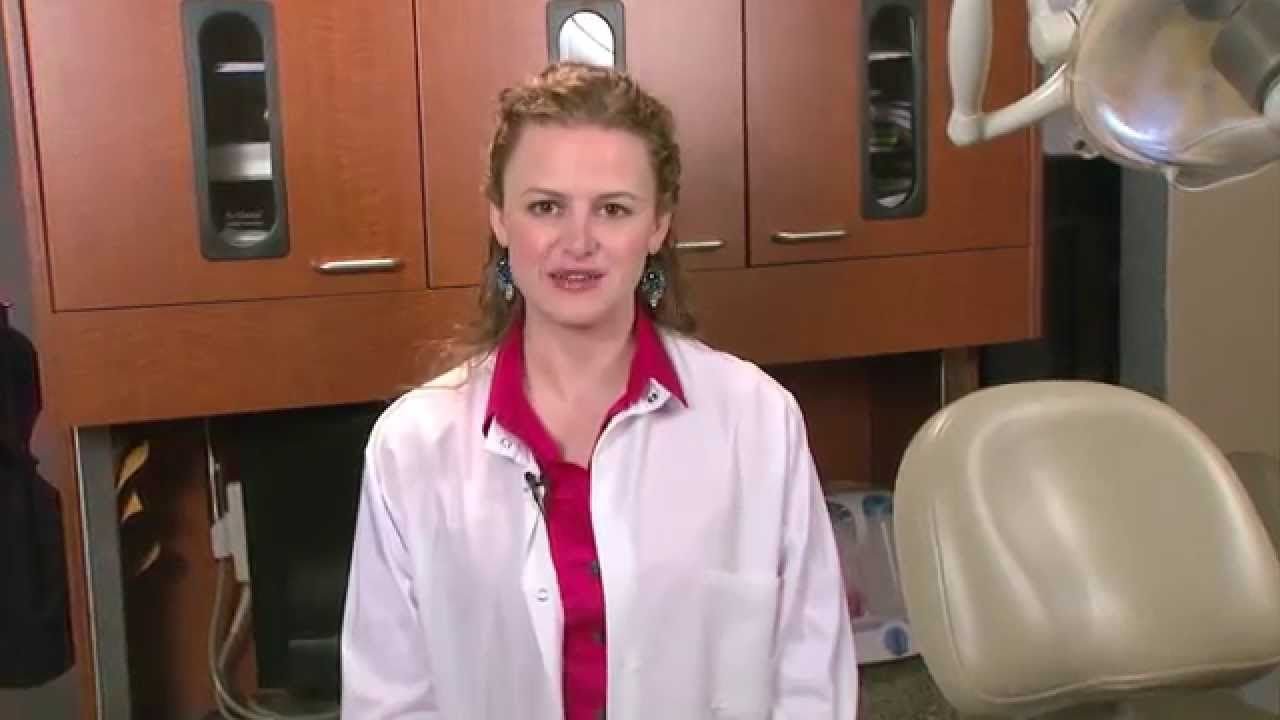Recovery doesn’t start the moment someone walks through the front doors of a rehab center. It begins much earlier—often in a quiet, heavy moment when a person realizes they need help. Whether it’s for yourself or someone you love, choosing the right place to heal is no small thing. It’s not just about finding a bed or a schedule. It’s about finding care that’s built for a whole person, not just their addiction. And despite what many websites promise, not all rehab centers are created equal. Some treat people like patients. Others treat them like problems. But the best ones? They treat people like people.
It’s easy to feel overwhelmed by the options. Facilities often toss around the same buzzwords—personalized plans, expert staff, peaceful environment. But what does any of that actually mean when someone’s raw, hurting, and desperate for something that works? You need to know what to look for underneath the glossy brochures and calm photos. Because real recovery requires more than a sales pitch.
Understanding the Medical Side of Recovery
Let’s start here, because too often it’s overlooked. Addiction isn’t just a mental or emotional issue—it changes the brain and body in ways science can measure. A good rehab center will take this seriously. That means medical detox support should never be an afterthought. For people coming off substances like alcohol, opioids, or benzodiazepines, the withdrawal process can be dangerous, even life-threatening. Medical supervision isn’t about pampering. It’s about protecting the body while it finds its footing again.
Beyond detox, you want a team that includes real medical professionals—nurses, physicians, psychiatrists. Not just counselors and motivational speakers. Because addiction often travels with other issues: anxiety, trauma, chronic pain, depression. A strong rehab program will address these together, not treat them like side notes. You’re not just helping someone stop using. You’re helping them rebuild a body and mind that’s been through a war.
Why Individualized Care Makes or Breaks the Experience
Once detox is done, the real work begins. And this is where many people find out the hard way that not all facilities are set up for success. It’s one thing to attend group sessions and follow a schedule. It’s another to feel like your specific story is being heard—and responded to. An effective addiction treatment center won’t expect every person to fit into the same box. They’ll tailor care to each individual’s history, habits, mental health, and goals. If someone has tried rehab before and relapsed, they need a different approach. If someone has never tried to quit before, that calls for another kind of support.
The best centers understand that addiction often forms from something deeper. So they dig in—carefully, thoughtfully. They ask about a person’s past. They look at family patterns. They examine triggers. They aren’t just throwing one-size-fits-all therapy at the wall and hoping something sticks. And they know that listening, really listening, is a form of medicine in itself.
Staff That Understands Recovery on a Human Level
It’s easy to assume that credentials and degrees are enough. They aren’t. A strong rehab team includes people who not only know the science but understand the pain. That doesn’t always mean they’ve been through it themselves (though some have). But it does mean they approach each person with a mix of expertise and humility.
Look for staff who don’t just lecture. They engage. They take the time to form trust. Trust is a rare and powerful currency in rehab, and it can’t be faked. You’ll know it when you feel it. A nurse who checks in with real concern. A counselor who remembers your name and your story. A director who shows up at meetings because they care, not because it’s on the schedule.
Facilities that rush people through, or treat them like they’re just another bed filled, can do more damage than good. What helps people recover—truly recover—is being surrounded by humans who treat healing like the complex, painful, beautiful thing it is.
Treating the Whole Person, Not Just the Habit
Substance use doesn’t exist in a vacuum. It wraps itself around emotions, physical symptoms, relationships, fears, even daily routines. That’s why the best recovery plans don’t stop at abstinence. They look at what comes next—and what came before. This is where you want to see programs that offer holistic addiction treatment approaches. That might mean art therapy, nutrition coaching, trauma-informed yoga, or even guided nature walks. Not because these things magically fix addiction. But because they help heal the whole person.
When a center invests in multiple forms of care—spiritual, physical, emotional, psychological—they’re acknowledging something that too many ignore: people don’t just need to stop using. They need to start living again. And that takes more than white-knuckled willpower. It takes support that speaks to every part of their being.
Planning for Life After Treatment—Because Discharge Isn’t the End
Rehab is a starting point, not a finish line. So what happens after someone leaves is just as important as what happens while they’re inside. A good center will begin planning for aftercare early. That might mean connecting someone to outpatient therapy, sober living communities, job placement help, or family counseling. It should never mean sending someone off with a pat on the back and a phone number they’re too scared to call.
Life outside of rehab is where triggers roar back in full force. The right facility knows that and arms people with the tools to face it. They don’t just prepare them to survive. They help them build a foundation to thrive—step by shaky step.
A Final Thought
Choosing a rehab center can feel like navigating in the dark, especially when everything sounds the same. But when you look closer—at the staff, the philosophy, the care offered—you’ll start to see what really matters. People deserve more than just a place to dry out. They deserve a place to be rebuilt. One that sees the human underneath the habit, and believes they’re worth saving. Are you choosing a place that believes that, too?



